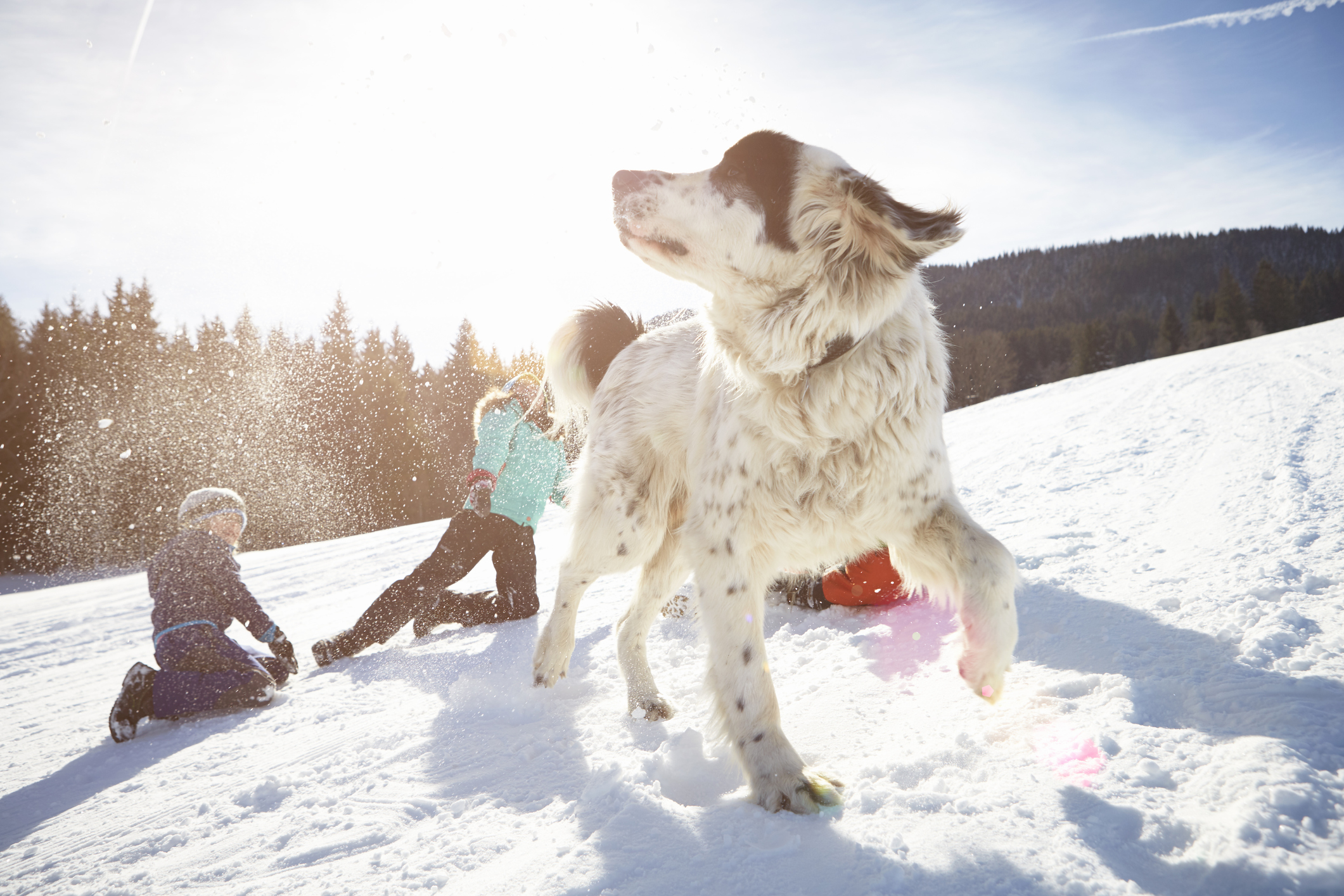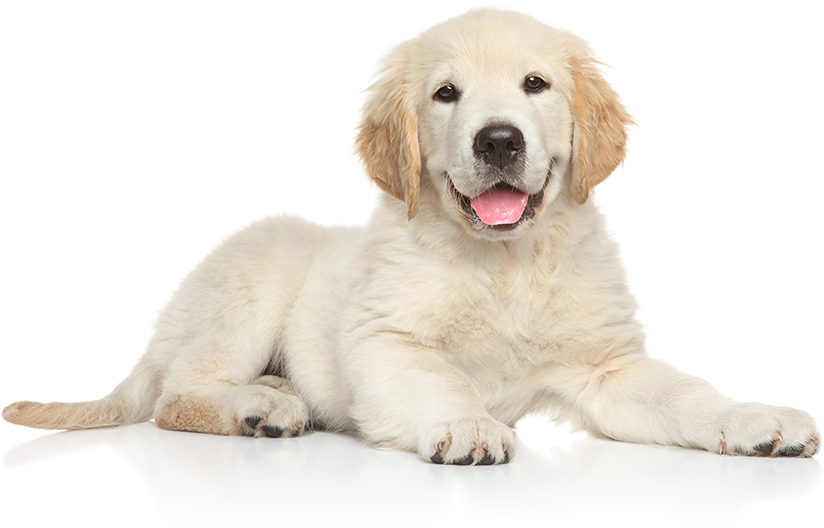
Nov 15, 2022 | By, For Pet's Sake
The cold weather can be hard on pets
With the colder weather coming in, the winter months can be hard on your pets. Exposure to the cold air can cause painful skin issues. But this isn’t the only discomforts pets can suffer. Winter strolls can become very dangerous if chemicals from ice-melting agents are consumed. To help prevent these dangers from harming your pet, follow this advice this winter.
Keep them inside when the temperature is below freezing
If it’s too cold for you, then it’s probably too cold for your furry friends. Keep your pet’s inside, and keep the outside exposure to a minimum. According to the American Society for the Prevention of Cruelty to Animals or American Society for the Prevention of Cruelty to Animals, “If left outside, pets can freeze, become disoriented, lost, stolen, injured or killed.” But, don’t forget your car is dangerous too. Cars hold in cold air and can cause animals to freeze to death. Remember, if you’re putting antifreeze in your car, use a pet-friendly or propylene glycol option.
Wipe their paws off with a towel when they come inside
Salt and other chemicals used to melt ice and snow can harm your pet’s feet. The first thing you should do when coming inside from a walk during the winter is drying off their paws. Gentle rub them down with a towel paying special close attention to their feet and in-between toes. The next thing you should do is, wash and dry your pet’s feet and stomach to remove any chemicals, salt or ice that may be trapped in their fur.
Keep their paws safe
On top of being adorable, buying dog boots to prevent paw irritation during winter weather is a good idea. Pet doesn’t like booties? Petroleum jelly is a safe way to protect those paws. Repeatedly coming out of the cold into a warm environment can cause itchy and irritated skin. You should also look for signs that your pet’s feet are uncomfortably cold, which could include them frequently lifting up their paws, whining or stopping.
Food and water
During the winter months, your pet will burn more calories to keep their body warm. Make sure they have plenty of food and water, especially if you’re keeping them inside more often. Best practice is to feed them a little extra during the wintertime. Experts at Trupanion say, “Depending on where you live, a change in season can result in a dramatically different exercise schedule and therefore a corresponding change in the number of calories your pet needs to consume. However, if you and your pet are spending more time curled up by a warm fire and are only playing indoor games of fetch, they may require less food.”
Check your vehicle before starting the engine
Parked vehicles can attract cats and small wildlife, which may crawl under the hood seeking warmth. Give your vehicle’s hood a bang to scare away animals before starting your engine.
Have a question about pet health? Want to become the best possible pet parent? Find helpful tips, reminders, and insight to giving your furry friend the best possible care with For Pet’s Sake! Learn more at drdevonsmith.com.

